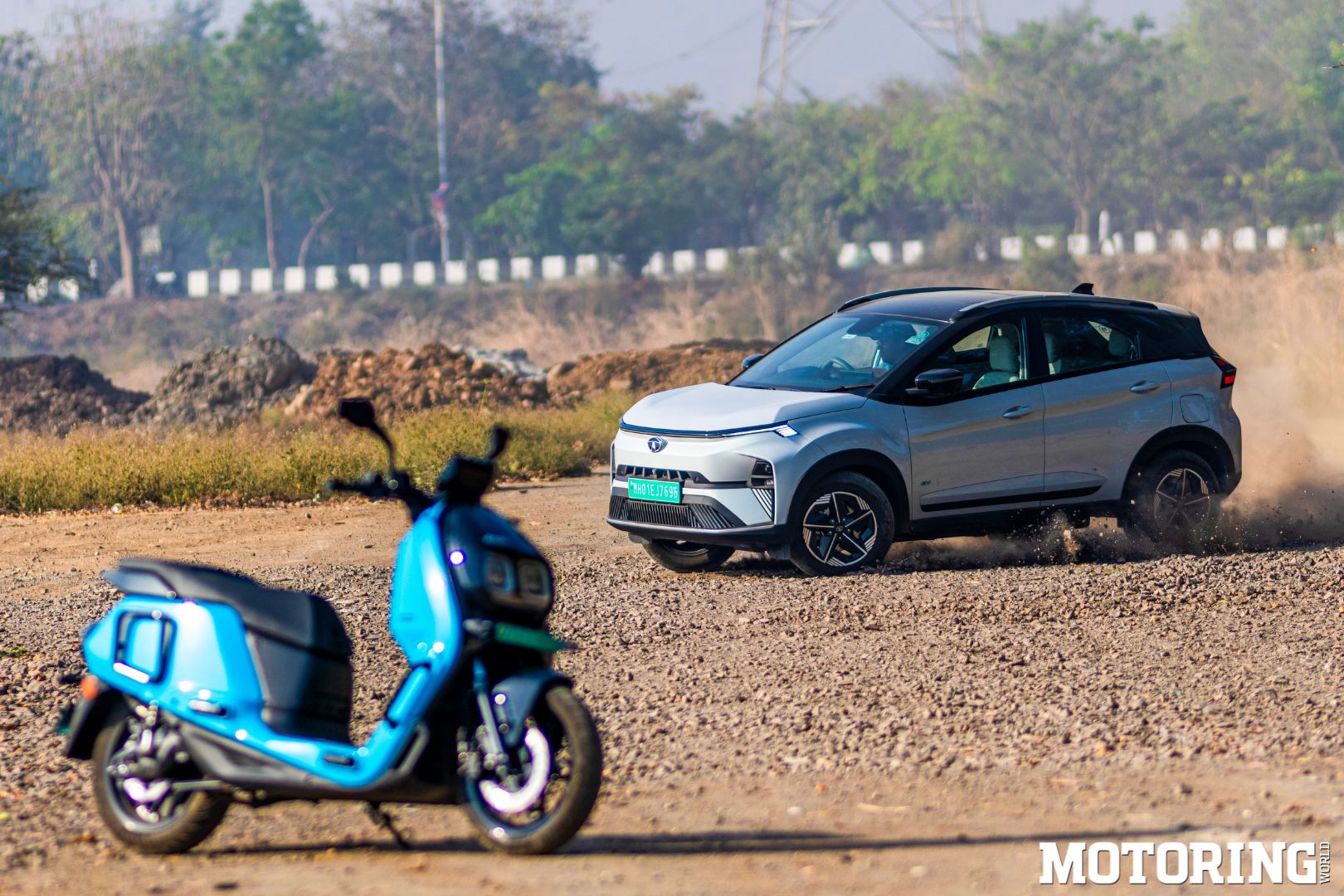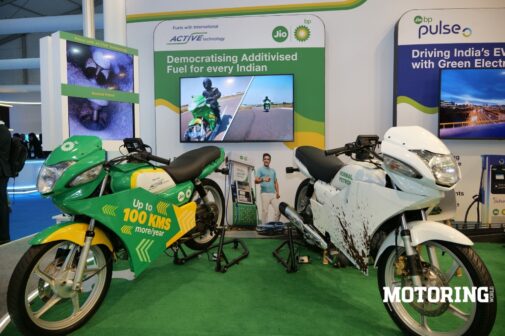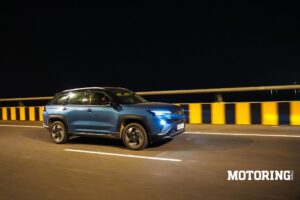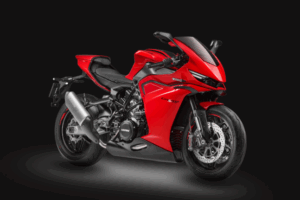With the growth of the EV market in India, the Ministry of Road Transport and Highways has updated its guidelines for testing the range of electric vehicles (EVs) to create a fair and consistent standard for all manufacturers.
Under the new rules, all EV manufacturers, or Original Equipment Manufacturers, must declare their vehicles’ range based on a more comprehensive test considering real-world conditions. This process reflects both urban and highway driving conditions.
The Modified Indian Driving Cycle test now consists of two parts. The Urban segment simulates city driving, while the Extra Urban segment replicates highway driving.
Previously, only the Urban segment was mandatory for testing. Under the new regulations, all EVs must undergo tests for both the Urban and Extra Urban segments.
OEMs after such tests, inform consumers about their respective EVs and test scores. This may improve transparency.
Tata.ev, for example, announced its adoption of this regulation on 10th September 2024. Tata.ev has gone further by allowing new customers to access real-world data from existing customers.
We are yet to hear from other OEMs, but this regulation should push for transparency. Its effectiveness, however, remains to be seen!



















